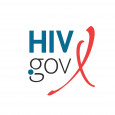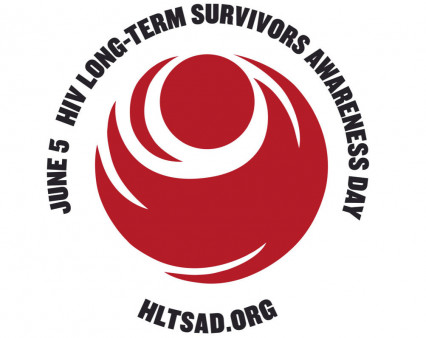June 5 is HIV Long-Term Survivors Awareness Day (HLTSAD), annually observed on the anniversary of the first official Morbidity and Mortality Weekly Report (MMWR) on what would later become known as AIDS in 1981. HLTSAD celebrates the resiliency of long-term survivors living with HIV and highlights their journeys and challenges.
According to the Centers for Disease Control and Prevention (CDC), of the nearly 1.1 million people living with diagnosed HIV in the United States and dependent areas in 2022, 64% were aged 45 and older. Thanks to advances in antiretroviral therapy, or ART, people who are diagnosed early and start and remain on ART can live long, healthy lives. Here are some inspiring perspectives from HIV long-term and lifetime survivors:
“It’s amazing how far we’ve come in HIV treatment. The research is available, personal testimonies are available; always advocate for yourself. Find a medical team that will support you if you lack support. Be confident in who you are and what you want to do and stand on that! You may have HIV, but it doesn’t have you.”
~ Ashley Cason, “I am a Work of ART” Creative Partner; living with HIV since birth
“My life is still productive, and I was diagnosed 32 years ago. To live during the height of the HIV epidemic and to still be here is a blessing. I don’t give my diagnosis a lot of power over me. My destiny is to be an example for the younger generation to let them know they will be ok too!”
~ Jimmie Brooks, “I am a Work of ART” Creative Partner; living with HIV since 1992
Even when HIV is well-controlled, people may develop aging-related conditions at a younger age. People living with HIV are significantly more likely to develop cardiovascular disease than people without HIV. Older people living with HIV also have an increased risk of dementia, diabetes, osteoporosis, frailty, some cancers, and falls. It is common for older adults with HIV to experience mental illness, especially depression and addiction, and they tend to be more isolated, according to the National Institute on Aging.
Getting linked to care and having access to mental health and other support services is important to help older people with HIV stay healthy and remain engaged in care. Support services are available through healthcare providers, local community centers, or HIV service organizations. The HIV Services Locator also can help individuals find services in their community.
Events
The Reunion Project is holding a 3-hour National Virtual Meeting for HIV long-term survivors on Tuesday, June 11, 2024, starting at 11 AM PT/ 12 PM MT/ 1 PM CT/ 2 PM ET. Register for the meeting.
Resources
Below, you can find a list of resources for long-term survivors and those aging with HIV:
- HHS.gov
- National Institute on Aging
- National Resource Center on HIV & Aging
- Let’s Kick AIDS Survivor Syndrome
- HIV+ Aging Research Project | Palm Springs
- The Reunion Project
- The Well Project
- SAGE - Advocacy and Services for LGBTQ+ Elders
For more information about HIV Long-Term Survivors Awareness Day, visit the HLTSAD site from the community and the HIV.gov HLTSAD page.
Read and share this fact sheet about HIV and Older People.
Find more information about Aging with HIV on HIV.gov.
Visit the “I am a Work of ART” national HIV viral suppression campaign and its Spanish version, “Celebro mi salud,” to find materials featuring people aged 50 and older and thriving with HIV to share within your community.
Connect With Us
To follow and join the conversation, use #HLTSAD. For additional HIV.gov resources and updates for other HIV observances, sign up for our email listserv.
This blog post was published May 31, 2024, on HIV.gov.








Comments
Comments